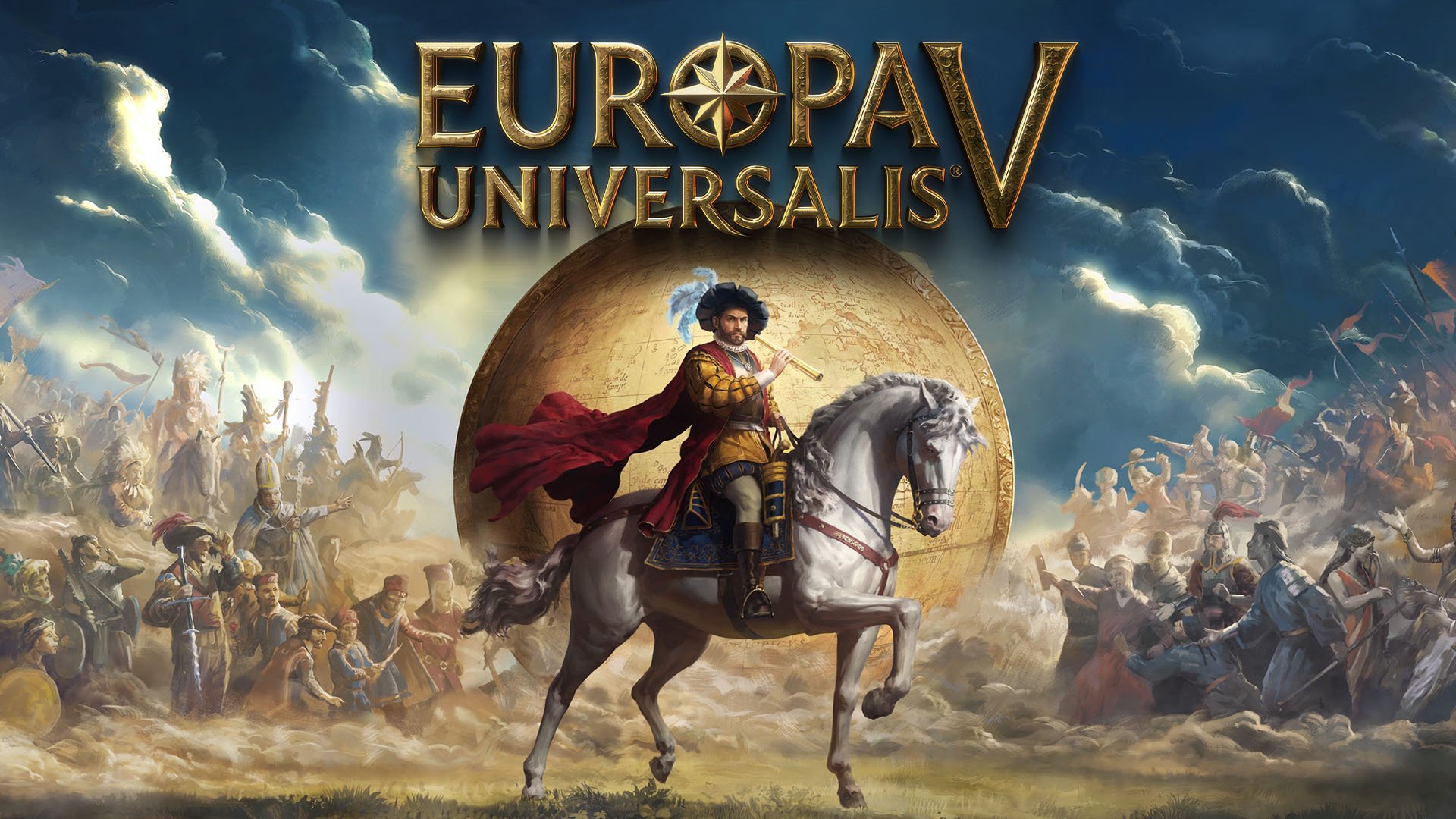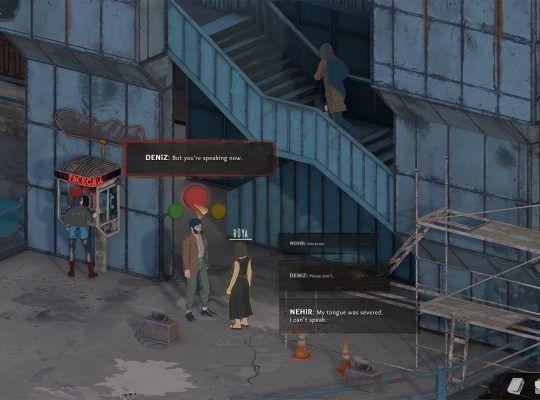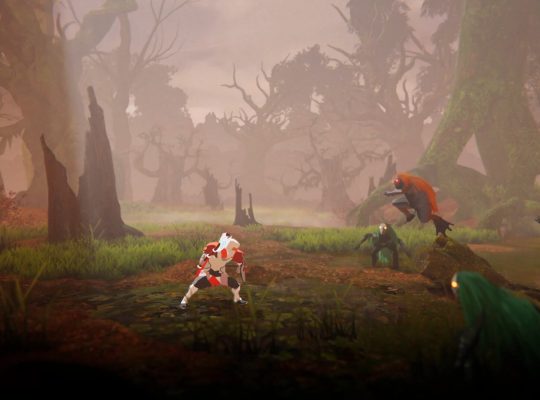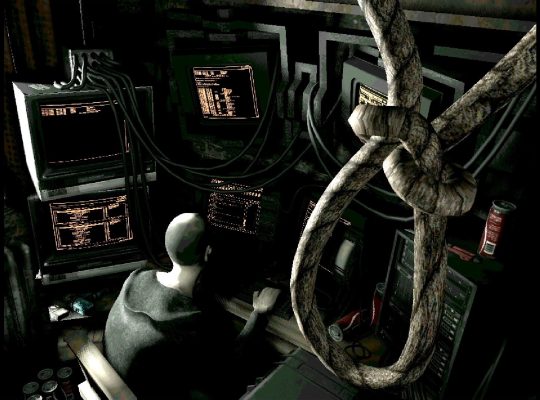After 13 years, Paradox Interactive concludes a legendary era with Europa Universalis IV, setting the stage for Europa Universalis V. While no exact release date is confirmed, fans have every reason to be excited. After several teasers promising something unique, Paradox revealed the first trailer today, officially announcing the game’s launch for 2026 on PC via Steam.
Marking 25 years since the original Europa Universalis debuted, this fifth installment, developed by Paradox Tinto over five years, blends the series’ empire-building legacy with modern innovations. Crafted with input from the passionate Paradox community through a year of public discussions, the game aims to attract both longtime fans and newcomers with its expansive scope and refined systems.
Europa Universalis V transports you to 1337, at the dawn of the Hundred Years’ War, and spans through the Renaissance, Enlightenment, and beyond. The game features a larger, more accurate world map with improved projections, allowing you to lead hundreds of societies across every continent. The detailed map also introduces more nations and varied terrain.
A new population-based system replaces the series’ traditional province focus, letting you manage cultural, religious, and economic dynamics within your realms. You must balance the influence of estates, meet the needs of diverse populations, and navigate thousands of dynamic historical events that challenge you to replicate or reshape the past.
The game’s economy is driven by a detailed production and trade system, where you build farms, plantations, and factories to supply goods for economic and military needs. Trade networks, facilitated by roads, ports, and fleets, allow you to import resources or export products to amass wealth, with some buildings requiring specific goods to function. Nation customization is central, with policies, laws, and military structures adapting to technological advances and your goals, whether centralizing power, embracing tolerance, or building an elite army.
On the other hand, military and diplomatic options offer more flexibility to dominate through conquest or spying. You can rally levies, mercenaries, or professional soldiers, but wars impact population directly. Diplomacy includes royal marriages and trade treaties, but also provides options for peaceful paths to expand influence.









